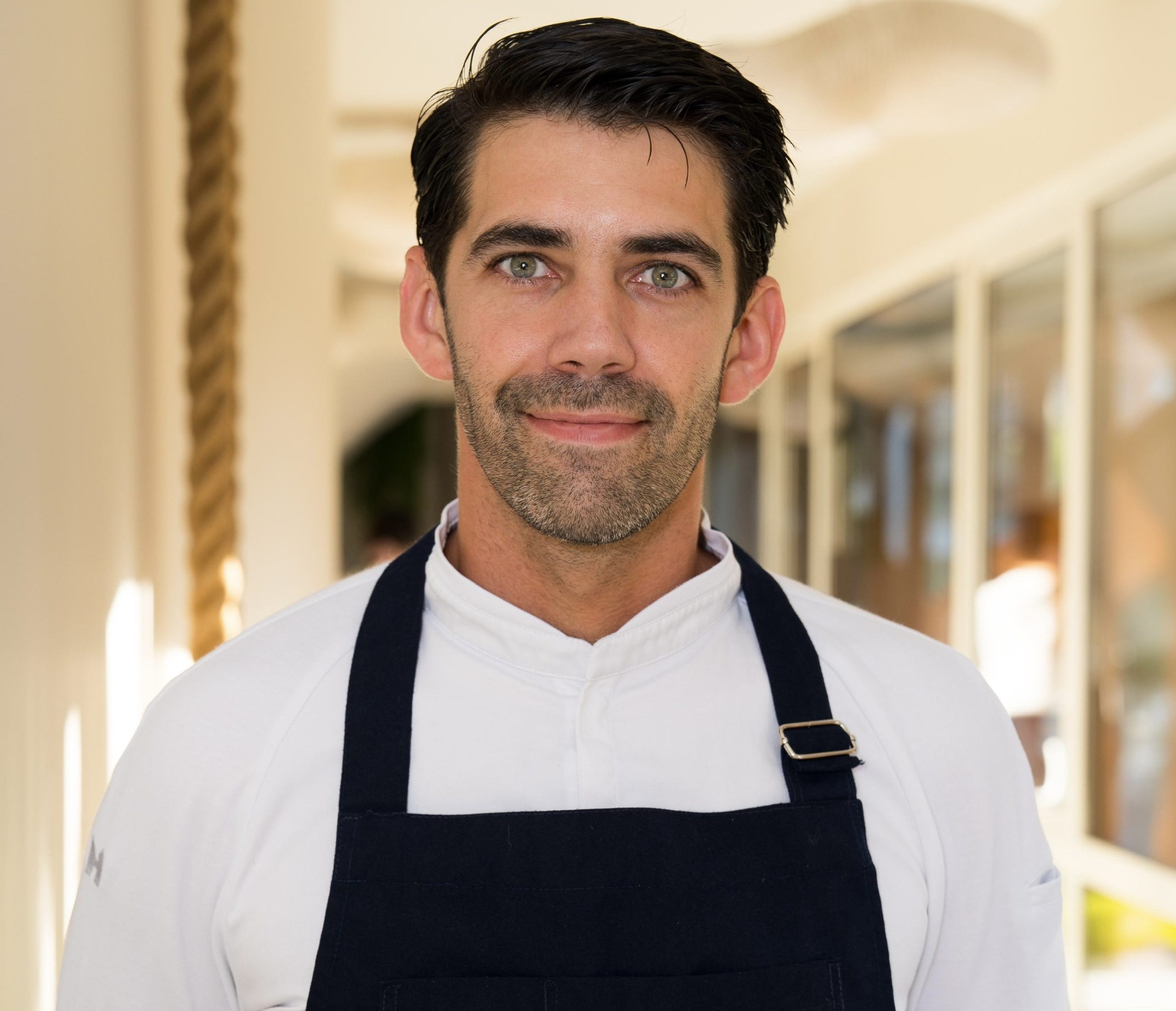
Fine Dining Table Team: Today we have the pleasure of speaking with Sergio Barros Urbano, a renowned chef who has made his mark in various places around the world. Thank you for joining us, Sergio. Could you tell us a little about your beginnings in the kitchen?
Sergio Barros Urbano: Of course, I’ll have to go back a bit. I’m from Madrid, where I began my culinary training around the year 2000. It was a fascinating time in Spain with the rise of cooking and the appearance of outstanding restaurants such as Gugli, Andoni, Quique Lacosta and Martín Berasateguii. After a while, I decided to stay in Chile, but before that I worked in various places to learn about rural gastronomy. I think it’s essential to experience first-hand how traditional meals are prepared in their countries of origin.
Fine Dining Table Team: That exposure to different culinary cultures must have greatly enriched your experience. Could you tell us about some of the places you’ve worked and what you took away from those experiences?
Sergio Barros Urbano: After training at the hotel school, I worked at places like La Broche and Paco Roncero’s terrace in Spain, where I gained experience in fine dining. I also spent time in the south of Spain specializing in coastal cuisine, particularly in the Atunes area in Cadiz. Then, I moved to Switzerland, where I worked at Denis Martin and took over another restaurant that earned a Michelin star. Later, I worked in the Italian part of Switzerland, near Lugano, focusing on traditional Italian cuisine. Each experience helped me shape my own style and better understand the organization and rhythm of the kitchen.
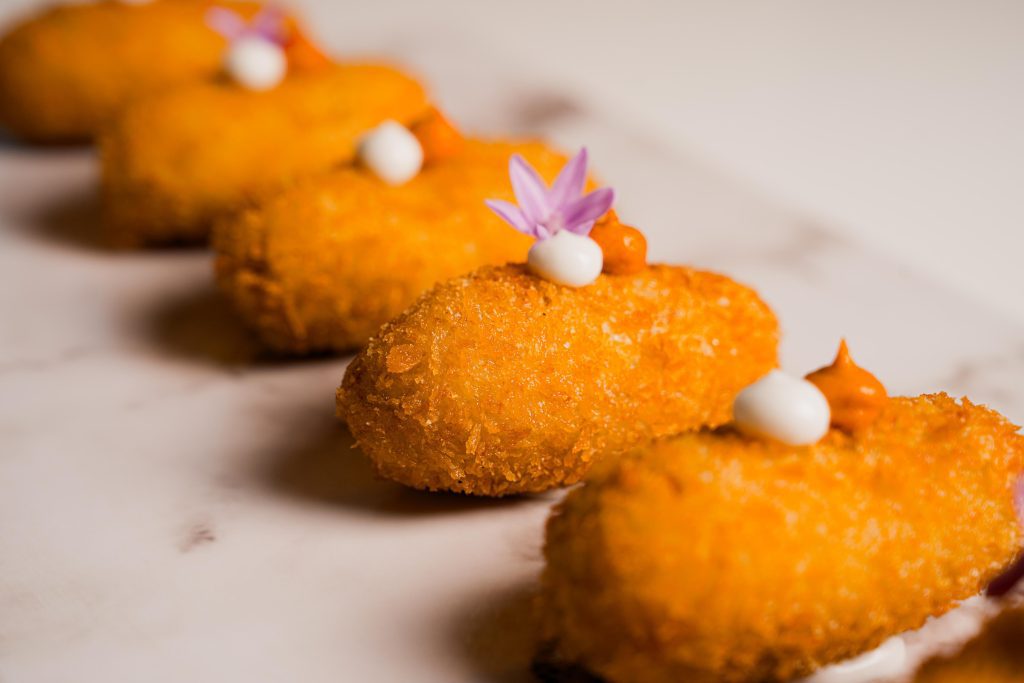
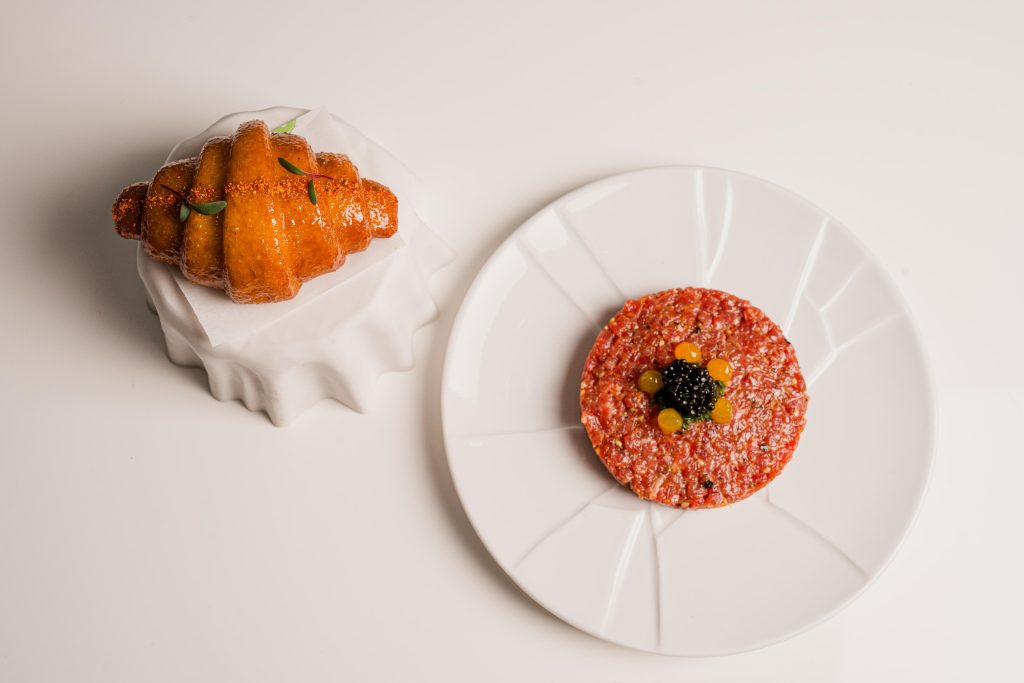
Fine Dining Table Team: And how did you end up in Chile?
Sergio Barros Urbano: I met the owners of the Palacio Astoreca in Monaco, where I was working as a chef. They offered me the opportunity to lead a culinary project in Valparaiso, Chile, to revitalize the palace’s kitchen. It was a great opportunity that I accepted with enthusiasm.
Fine Dining Table Team: You have mentioned several important projects, such as the 040 restaurant in Santiago de Chile. Could you tell us a little more about that and your future plans?
Sergio Barros Urbano: 040 was a significant project, a restaurant with a speakeasy and bar concept that brought us international recognition. After a while, we closed due to the social outbreak in Chile, but there are always possibilities for future projects. If we decide to do something similar, it would probably be a smaller project and independent of the original brand.
Fine Dining Table Team: In your years in Chile, what has brought you closer to the country, apart from the professional aspect?
Sergio Barros Urbano: At Palacio Astoreca I met my wife, Mari Carmen, who is also a pastry chef. Together we have formed a family and she has been fundamental in the management of the restaurant, especially in the interaction with customers, something she enjoys more than pastry.
Fine Dining Table Team: Chile has an extensive coastline, why do you think the seafood and fish culture is not as developed as in other places?
Sergio Barros Urbano: Despite the wealth of fish and seafood, I have noticed that access to fresh products is limited. It is easier to find imported frozen fish than fresh local products. This affects the culinary culture from childhood and makes it difficult to include in the daily diet of Chileans.
Fine Dining Table Team: Which chefs have influenced your career?
Sergio Barros Urbano: Every place where I have worked has taught me something valuable, but my first mentor, Juan Carlos in Madrid, was the one who instilled in me the basics of cooking. Although he is not a public figure, his teaching has been crucial to my development.
Fine Dining Table Team: Why do you think Chile has not taken off as a gastronomic destination at the level of countries like Argentina and Peru?
Sergio Barros Urbano: Historically, Chile has been an expensive destination, which discourages gastronomic tourism. However, in recent years, I have seen an effort to make collaborations and improve the culinary offering. I think that over time, and if progress continues, Chile could become a top-notch gastronomic destination.
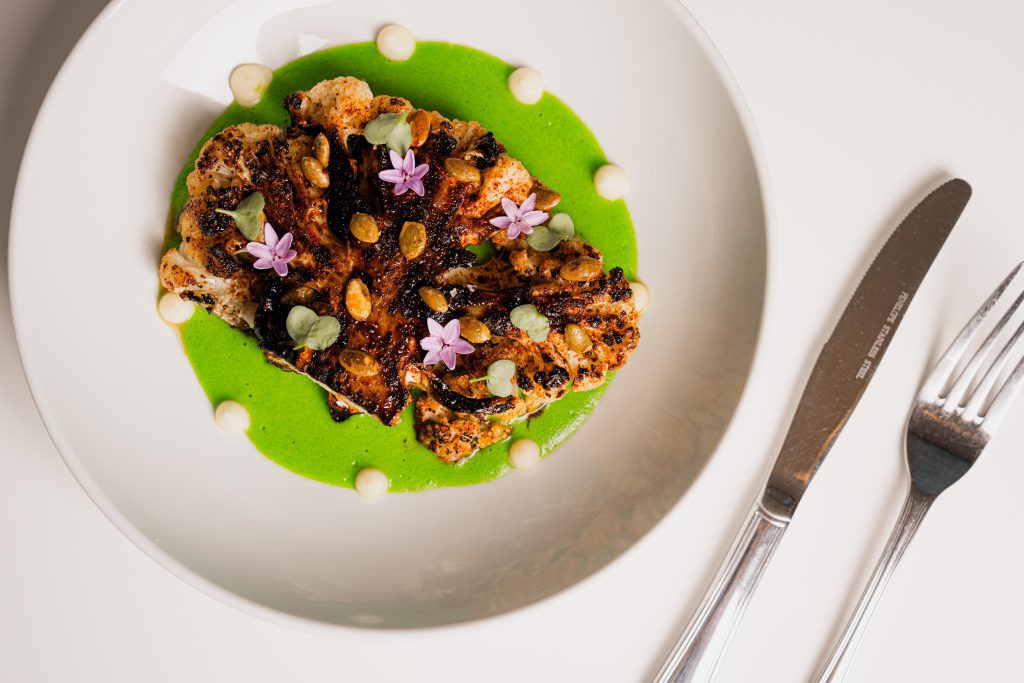
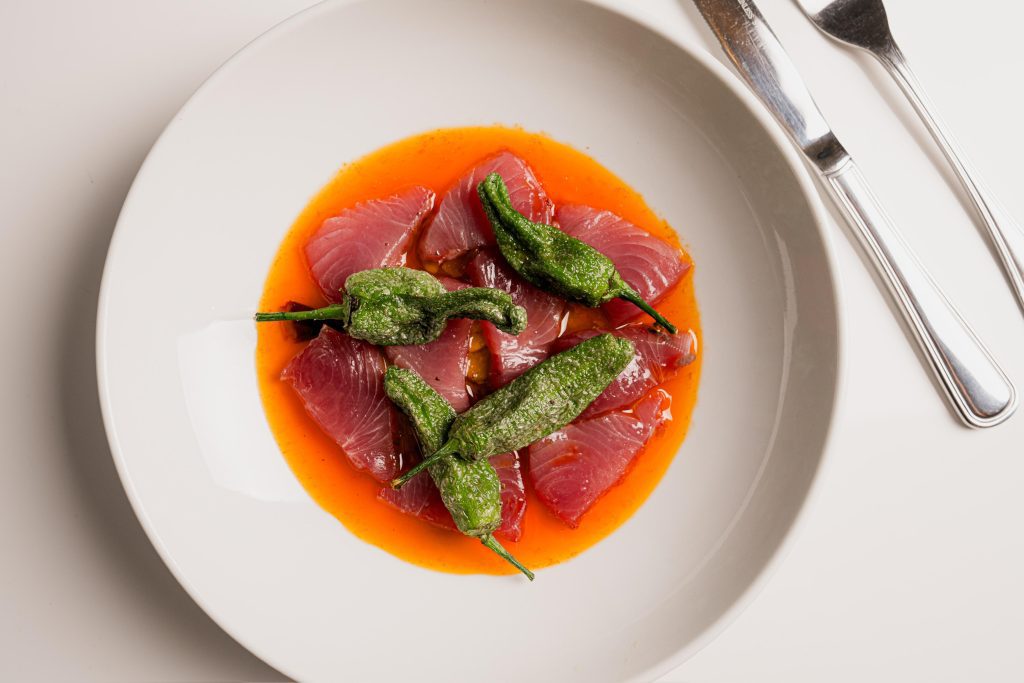
Fine Dining Table Team: What is your favorite food in Chile?
Sergio Barros Urbano: I love simple seafood and fish, prepared au naturel or grilled, especially seafood rice dishes. The coastal food here is simply exceptional.
Fine Dining Table Team: Finally, why should visitors to Santiago go to Olam?
Sergio Barros Urbano: At Olam, we offer a unique combination of Chilean seafood and fish with European culinary techniques. It is a culinary experience that you will not find anywhere else, and I believe that our products are on par with the best in the world.
Fine Dining Table Team: Thank you very much, Sergio, for sharing your story and perspectives with us. It has been a pleasure.
Sergio Barros Urbano: Thank you. It has been a pleasure to talk about my passion for cooking and my career.
